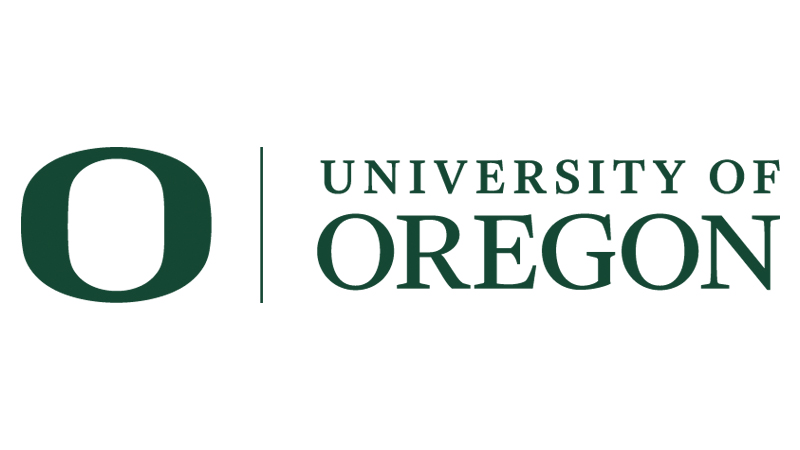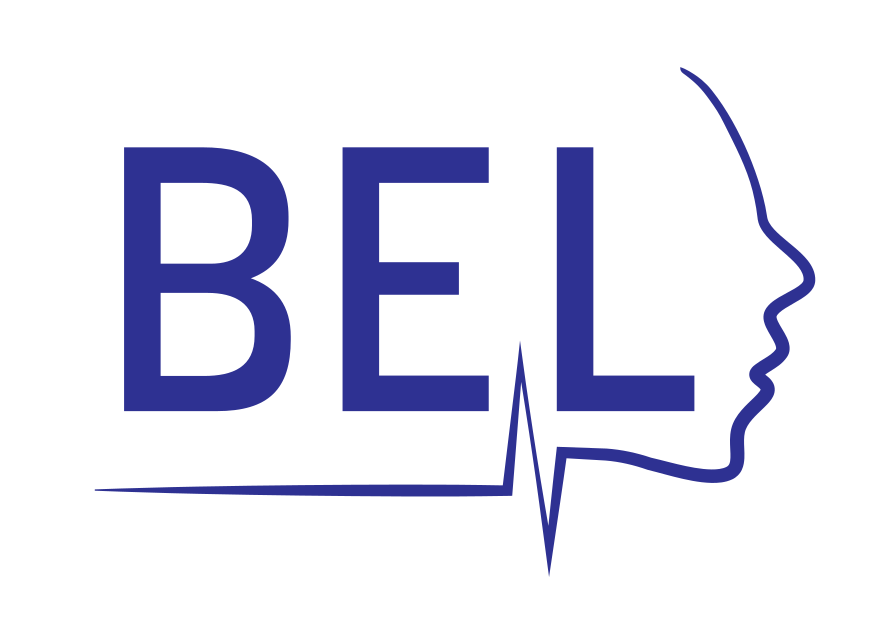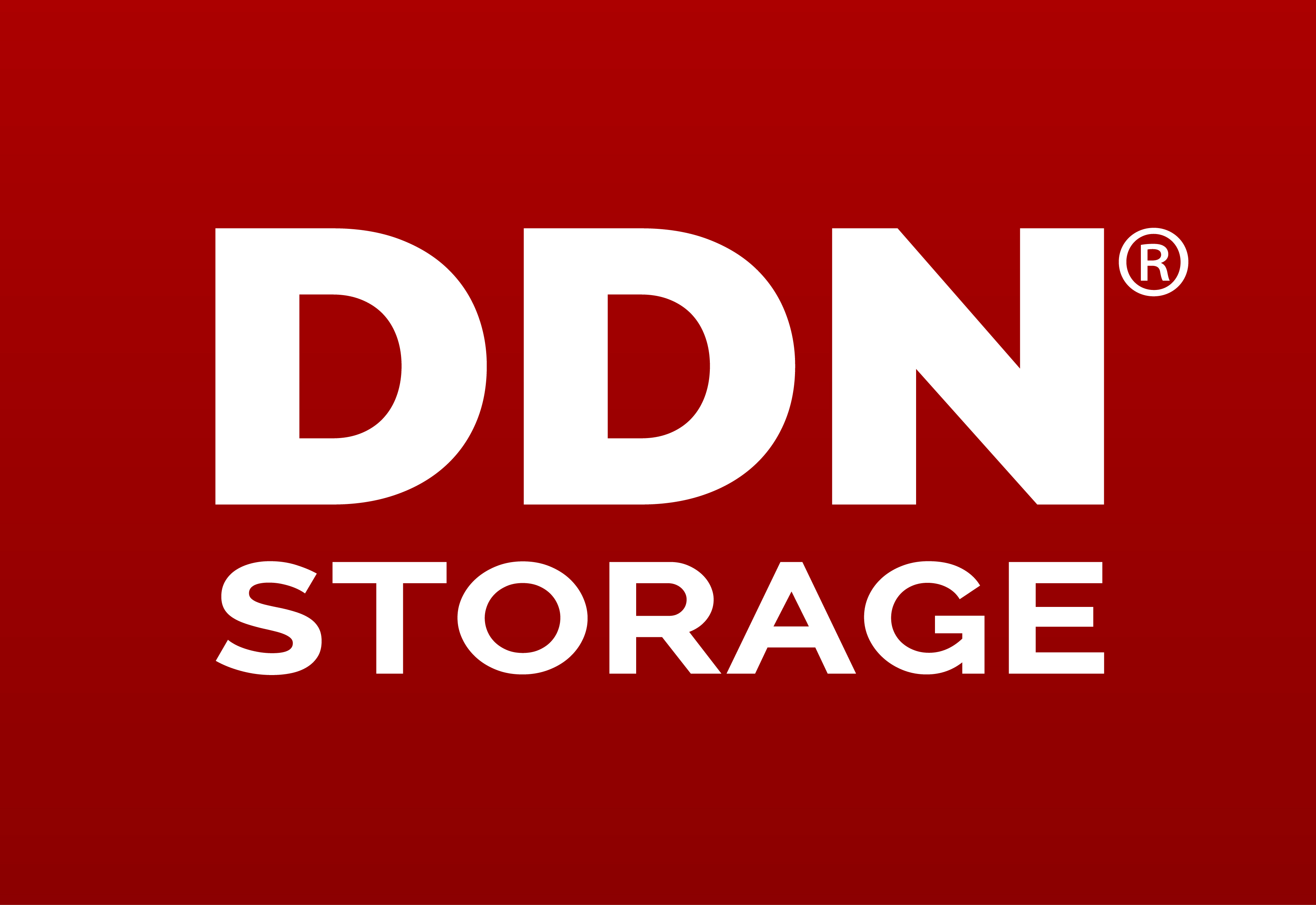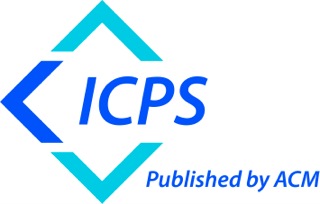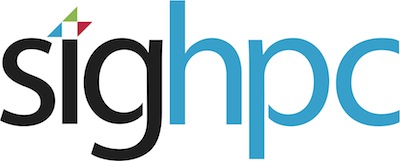Keynote Speaker
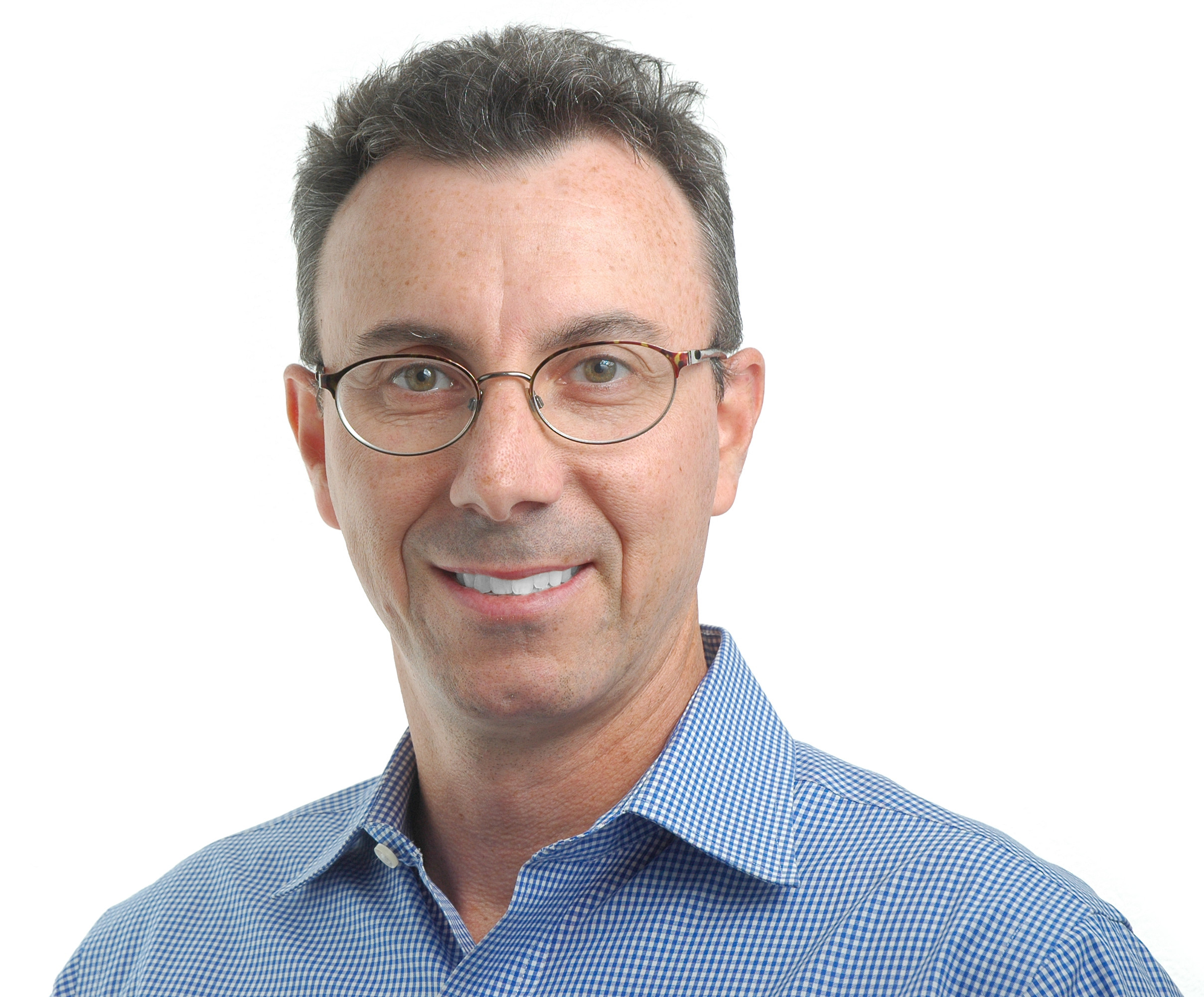
Mark Robins
Intel
Tuesday, August 14th 2018
9:00am - 10:00am
Straub Hall, Room 156
Title: AI and HPC: Challenges and Opportunities
Summary
After several false starts in decades past, AI is now practical and poised to change our lives. We experience AI in action today when Facebook automatically identifies our friends in the photos we post or when Alexa accurately responds to our request to play a song or make a purchase. And AI-powered autonomous driving is right around the corner, as 37% of miles driven will be done by shared and autonomous vehicles by 2030, according to the 2017 PwC Strategy & Digital Auto Report. AI will also transform virtually all industries, including healthcare (e.g., enhanced diagnostics, drug discovery), financial services (e.g., algorithmic trading, fraud detection), and energy (e.g., oil exploration, smart grids).
Deep learning is the newest and most promising branch of AI. However, developing and deploying deep learning solutions requires enormous compute capabilities. On the surface, then, the businesses, government agencies and academic institutions with HPC environments would seem to be well positioned for deep learning. In this talk, we will begin with a brief overview of AI and deep learning and why they are now practical. We will demonstrate a few examples of deep learning applications being developed and deployed in businesses today. We will explain the types of workloads required by deep learning and how HPC environments can be configured to support deep learning alongside analytics, simulation and modeling, and other compute-intensive workloads. Finally, we will preview some exciting AI systems that will be enabled by HPC in the future.
About the Speaker
Mark Robins was recently named Sr. Director / Head of the AI Strategy Office at Intel, responsible for establishing and driving the AI strategy for the company. Previously, Mark served as Sr. Director / Head of AI Products at Intel, responsible for product management and planning for Intel’s hardware and software AI products.
Mark served as VP Products for Nervana prior to the acquisition by Intel in July 2016. Prior to Nervana, Mark served as VP Products for Influitive and, before that, as VP Products for Chegg through their IPO in 2013. Before Chegg, Mark was co-founder/CEO of Grouply, a social networking startup funded by Reid Hoffman and O’Reilly Alphatech Ventures that was acquired in 2010. Before Grouply, Mark was Sr. Director of Product Management at Siebel Systems through its acquisition by Oracle in 2006. Mark started his career as a satellite communications systems engineer for Hughes Aircraft Company (now Boeing). Mark earned a BS and MS in electrical engineering from Cornell and Caltech, respectively, where he also studied neural networks. Mark holds an MBA from Harvard Business School.
Plenary Speakers
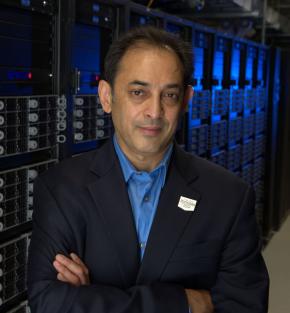
Manish Parashar
Office Director, OAC
Wednesday, August 15th 2018
9:00am - 10:00am
Straub Hall, Room 156
Title: Transforming Science through Cyberinfrastructure
Summary
NSF's Office of Advanced Cyberinfrastructure (OAC) seeks to foster the advanced cyberinfrastructure that is critical to the advancement of all areas of science and engineering research and education. For over a decade, OAC's (and ACI and OCI before it) investments have consistently enabled new innovations and discoveries. However, recent years are witnessing dramatic changes in nature and requirements of science applications, in the scale and pervasiveness of data, and in the landscape of technologies and resources. It is essential that the research cyberinfrastructure ecosystem evolve in response to these changes, and the HPC community, its campus leaders, researchers and professional experts all have important roles to play. This talk will present an overview of OAC and its programs and investments. It will also present a vision for evolving program and priorities to transform science in the 21st century.
About the Speaker
Manish is Office Director of the Office of Advanced Cyberinfrastructure at NSF. He joins NSF from Rutgers, The State University of New Jersey, where he is currently a Distinguished Professor and the founding Director of the Rutgers Discovery Informatics Institute. His research interests are in the broad areas of Parallel and Distributed Computing and Computational and Data-Enabled Science and Engineering. Manish is Fellow of AAAS, Fellow of IEEE/IEEE Computer Society and ACM Distinguished Scientist.
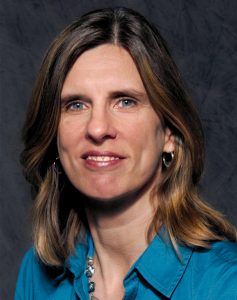
Mary Hall
University of Utah
Thursday, August 16th 2018
9:00am - 10:00am
Straub Hall, Room 156
Title: Bringing Sparse Computations into the Optimization Light
Summary
Scalable computations where the data is sparse — that is, a tiny subset of the data is populated — are widely represented in scientific computing and big data analytics. Sparse data are typically represented by sparse matrices and graphs, which reduce data storage and computation requirements (e.g., by storing only nonzero data elements) through the use of indirection matrices such as B in A[B[i]]. This indirection impacts performance on modern architectures. Whether the code is optimized by human programmer, compiler or hardware, any optimizations that must understand the memory access patterns for A require the values of B, which are not known until runtime. Over time, many optimizations of sparse computations have been developed that simplify the code and reduce the amount of indirection through custom data representations, but these representations must also rely on runtime knowledge of the nonzero structure of the sparse data. In this talk, we describe a framework for composing compile-time and runtime optimizations of sparse codes, and demonstrate its effectiveness at achieving performance comparable to manually-tuned code for applications in scientific computing and data analytics.
About the Speaker
Mary Hall is a professor in the School of Computing at University of Utah. She received a PhD in Computer Science from Rice University. Her research focus brings together compiler optimizations targeting current and future high-performance architectures on real-world applications. Hall's prior work has developed compiler techniques for exploiting parallelism and locality on a diversity of architectures: automatic parallelization for SMPs, superword-level parallelism for multimedia extensions, processing-in-memory architectures, FPGAs and more recently many-core CPUs and GPUs. Professor Hall is an ACM Distinguished Scientist and ACM’s representative on the Computing Research Association Board of Directors. She is deeply interested in computing history, having served on the ACM History Committee for a decade and as chair from 2009-2014. She also actively participates in outreach programs to encourage the participation of women and underrepresented minorities in computer science.


